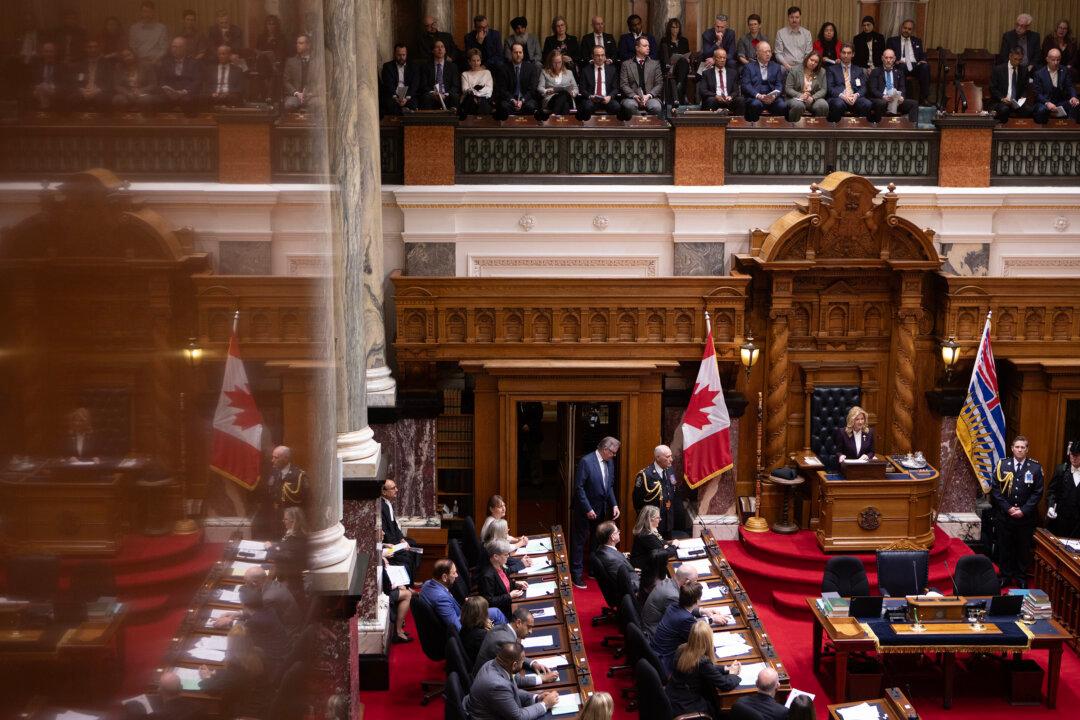The crown prince of Luxembourg, who is in Toronto on an official trade visit, has spoken out publicly about how his family took refuge in Canada during the Second World War.
Prince Guillaume Jean Joseph Marie, heir to the Luxembourg throne, said not many people know his great-grandparents, grandfather and other royal family members lived on a farm in Quebec in the 1940s after the Nazis invaded in 1940. Charlotte, then-ruling grand duchess of Luxembourg, took refuge in Quebec with her six children.





